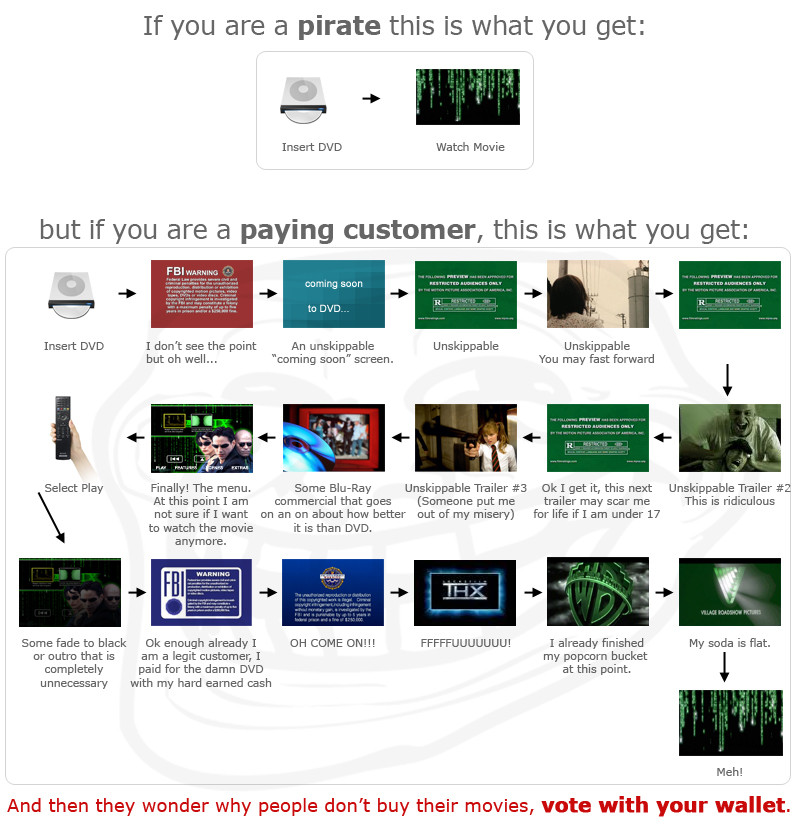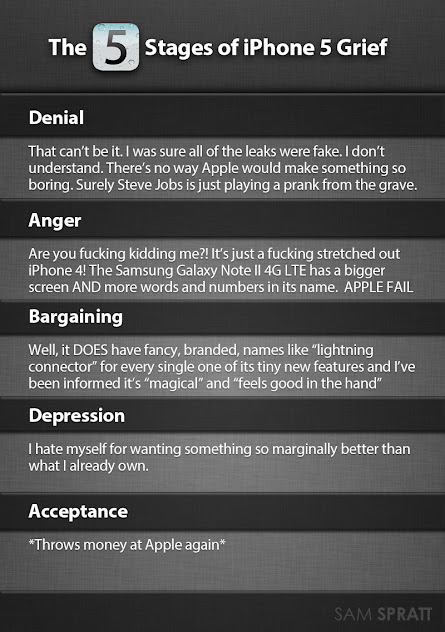Expect to pay more for your iPods and similar devices, says Mike Moffatt in the Globe and Mail:
Last week, I wrote that the federal government’s changes to tariffs in Budget 2013 would result in new import duties on models of MP3 players and three of four models of Apple iPods. The tariff changes involve changing the tariff status of 72 countries, so music devices manufactured in China, Indonesia and Malaysia will pay a 5 to 6 per cent tariff rather than their “preferential” rate of zero, starting in 2015.
The article caused quite a stir, and the government denied it was true. A spokeswoman for Finance Minister Jim Flaherty said the article was wrong. “Music devices like iPods are imported into Canada duty-free under a long-standing special tariff classification from 1987,” she wrote. That classification, which was unaltered by the recent budget, is known by its number: 9948.00.00. (We’ll call it 9948 for short.)
However, a close reading of the relevant document, Tariff Item 9948.00.00 (9948 for short), shows that to qualify for the special classification, the importer must meet strict criteria.
My position that importers cannot meet the requirements of 9948 rests on three straight-forward premises:
1. It appears that sellers of iPods and MP3s are required to collect “end use certificates” from the final consumer on each sale, and be able to present these to the CBSA if audited.
2. The 9948 requirement for “end use certificates” appears to be actively enforced by the CBSA.
3. Retailers cannot reasonably collect these certificates from consumers when they buy an iPod.
These three, put together, make retail sales of iPods and MP3 players ineligible for 9948 and therefore subject to an iPod tariff. What follows is my evidence.
The importer must maintain a database (what Moffatt calls “an iPod registry”) of personal information on the final purchasers of the devices, but there is no matching legal requirement on the consumer to provide this personal information (which would probably violate privacy laws in any other context).
The CBSA’s Memorandum D10-14-51 requires that consumers attest that they will use the iPod in a manner in which it is “physically connected” to a computer (though not necessarily permanently so, according to the memo) and will “enhance the function” of that computer. The consumers must attest that their devices will be “solely used for the purpose for which they were imported.”
If a consumer uses a device in a manner not covered by 9948 during the first four years of ownership, the importer is required to “make a correction to the declaration of tariff classification and pay any applicable duties and taxes.”
This rule is not trivial. CITT Appeal No. AP-2008-023 discusses the need for sellers claiming the tariff reduction (here Code 2101, the predecessor to 9948.00.00) to show that the end consumer is using the goods in the manner described on the certificate.
But there is no practical way an importer could possibly verify and ensure that that the retailer’s customers have not changed how they are using iPods and MP3 players.





